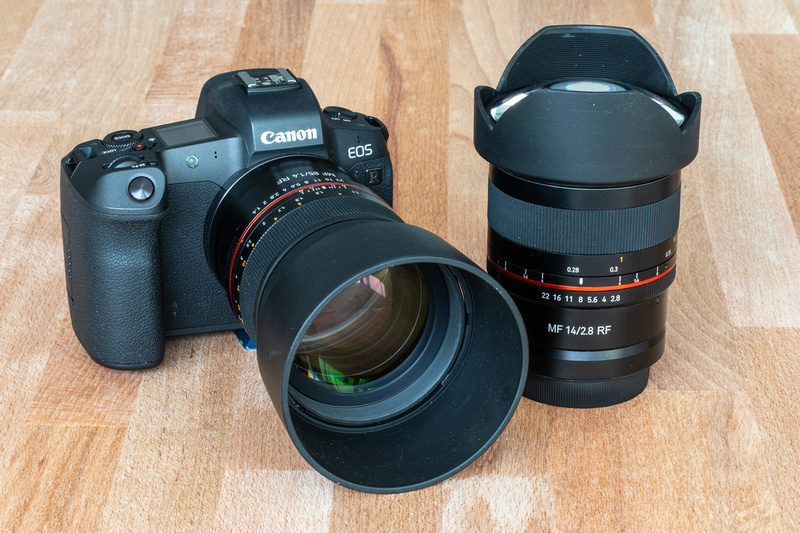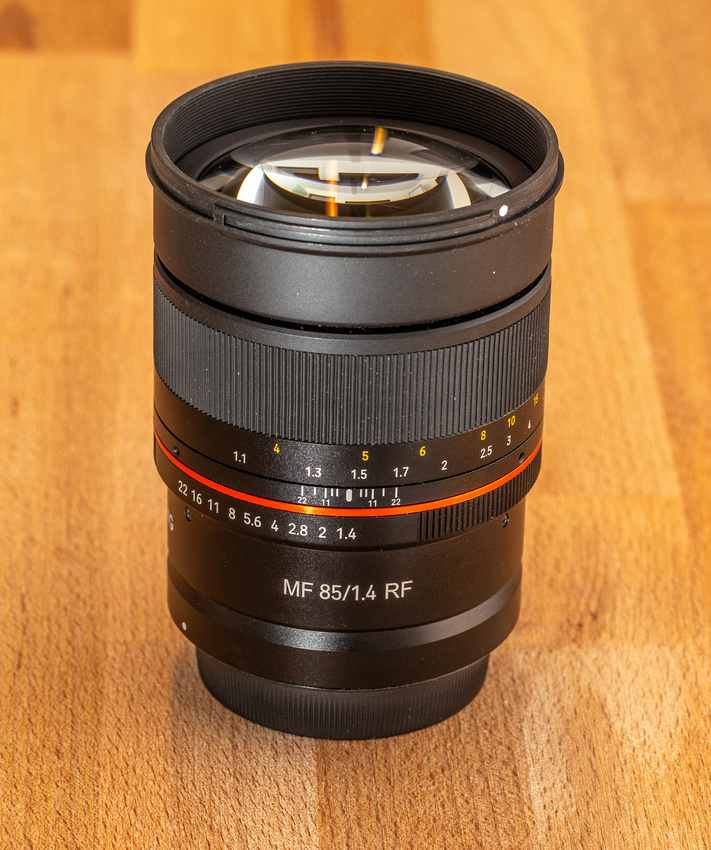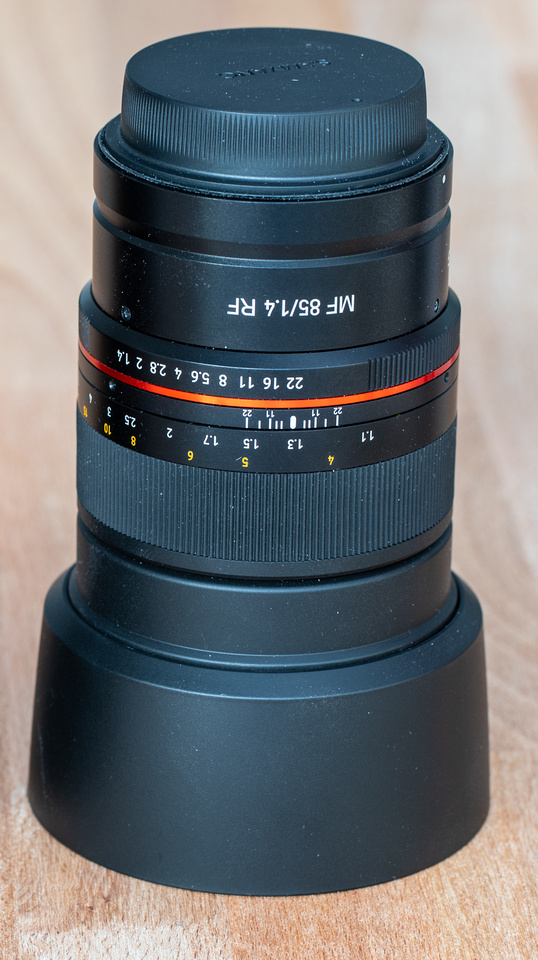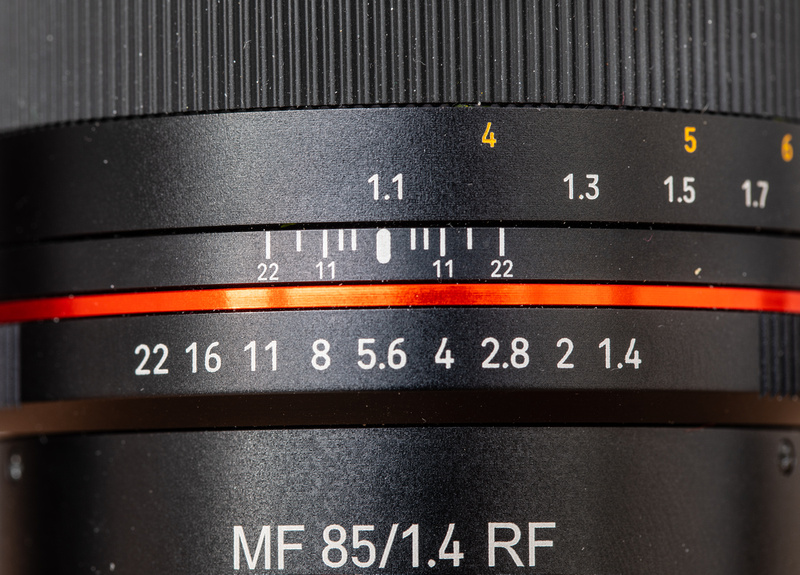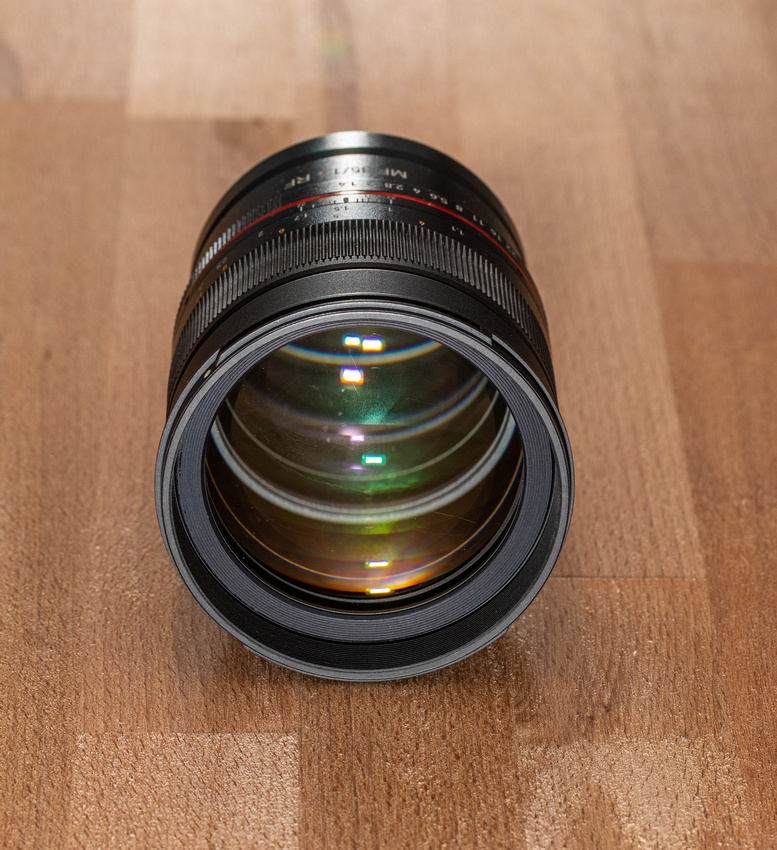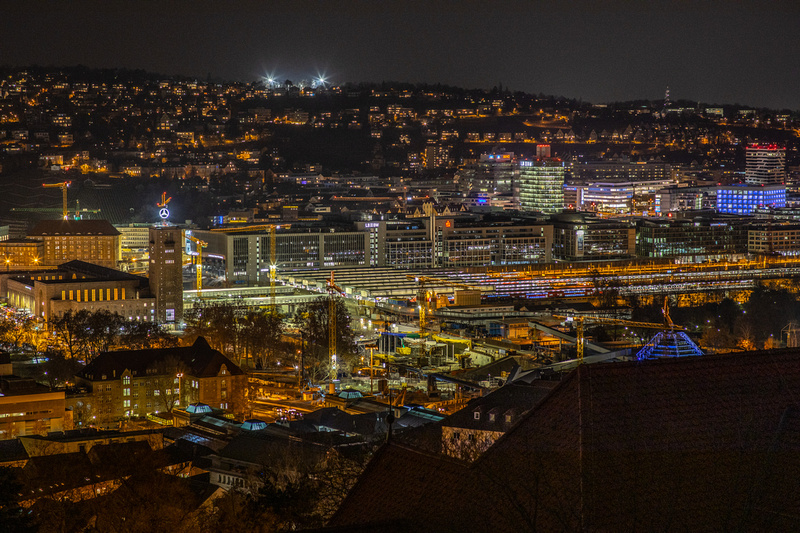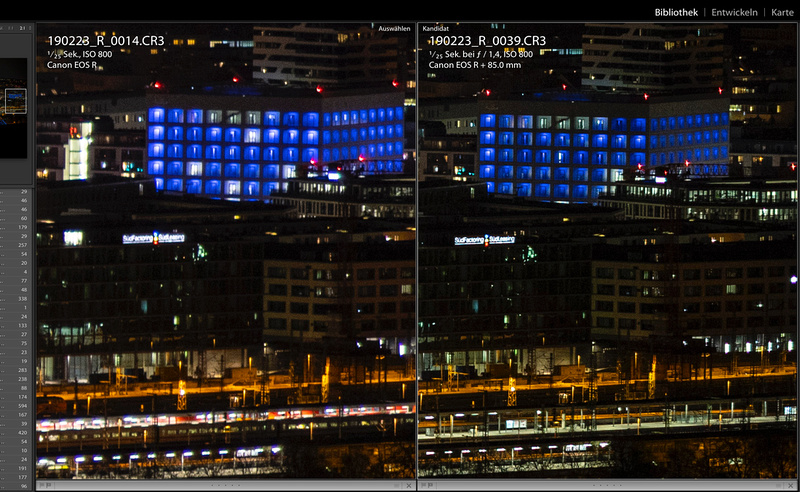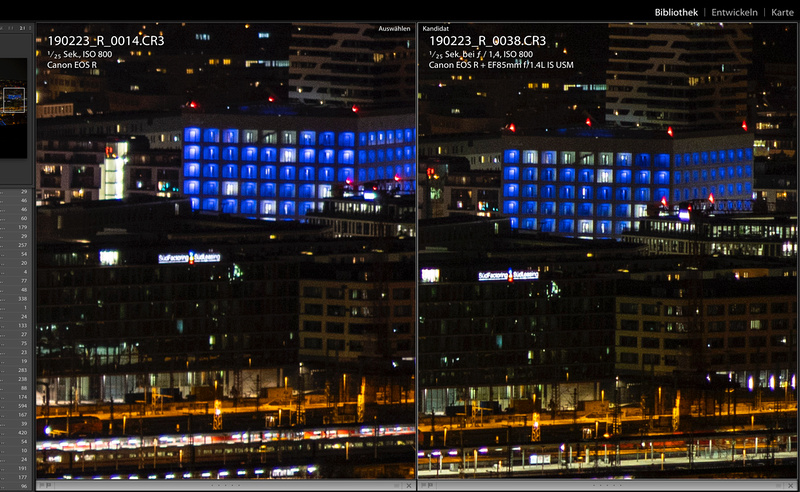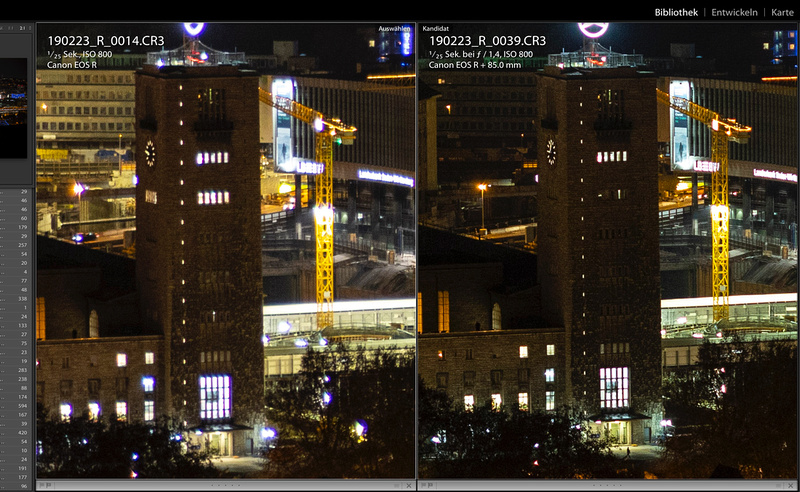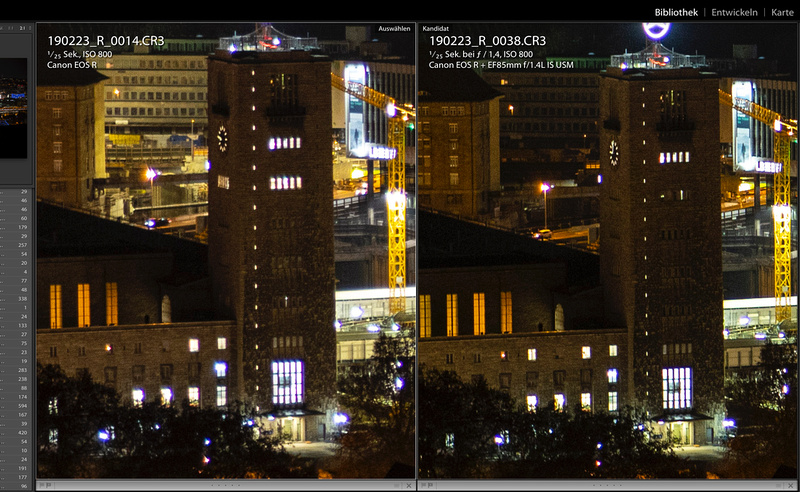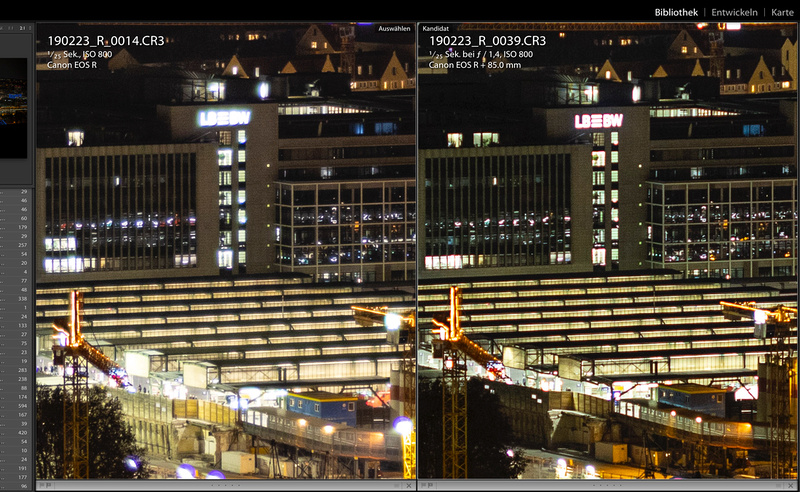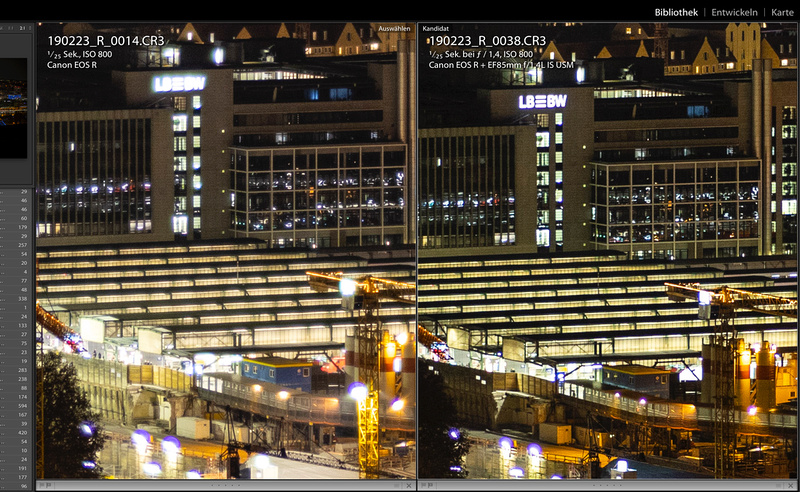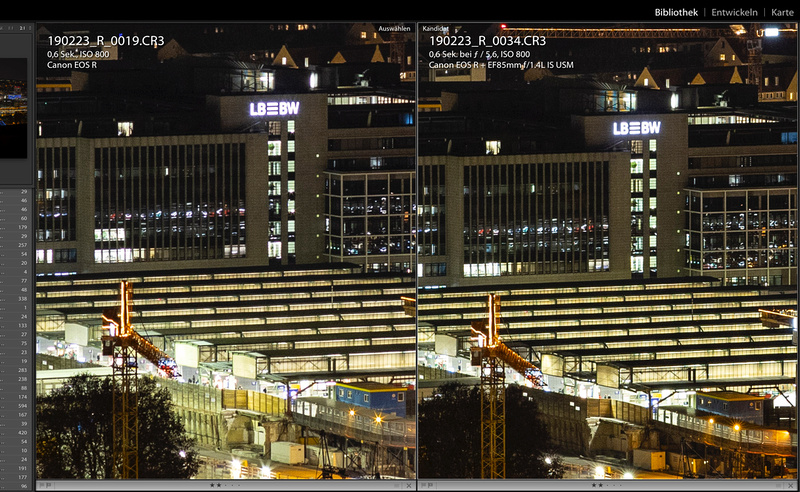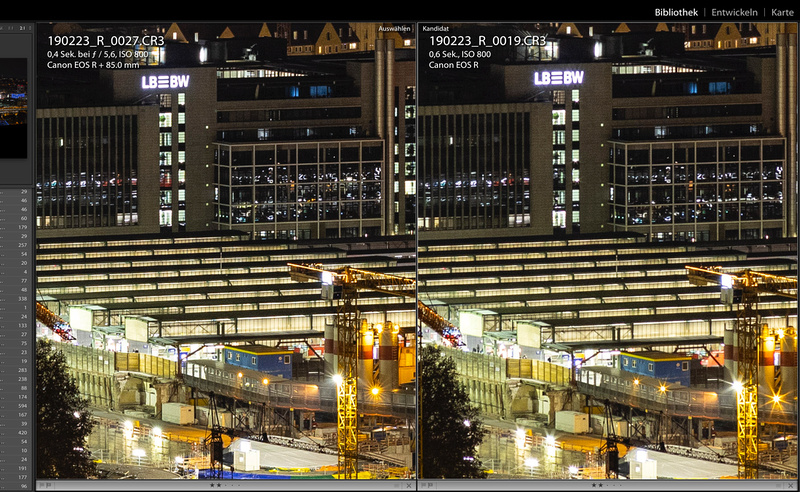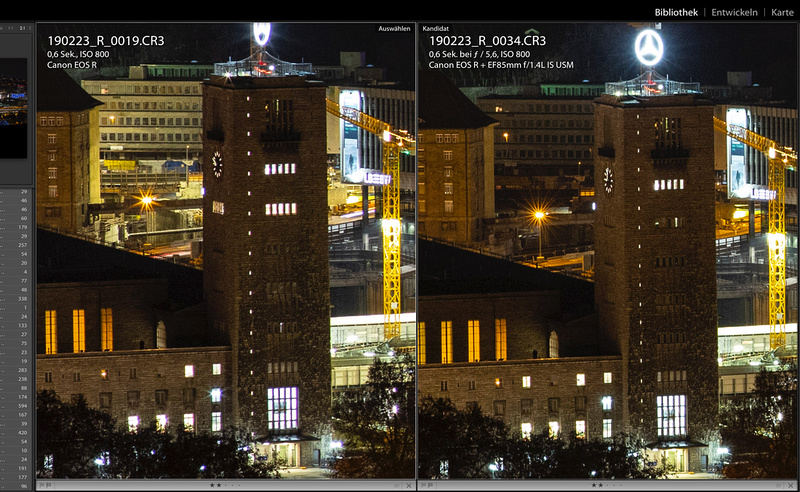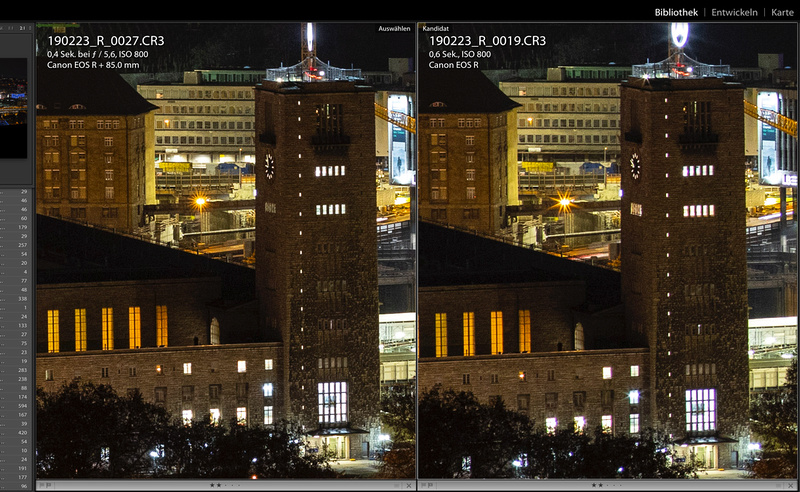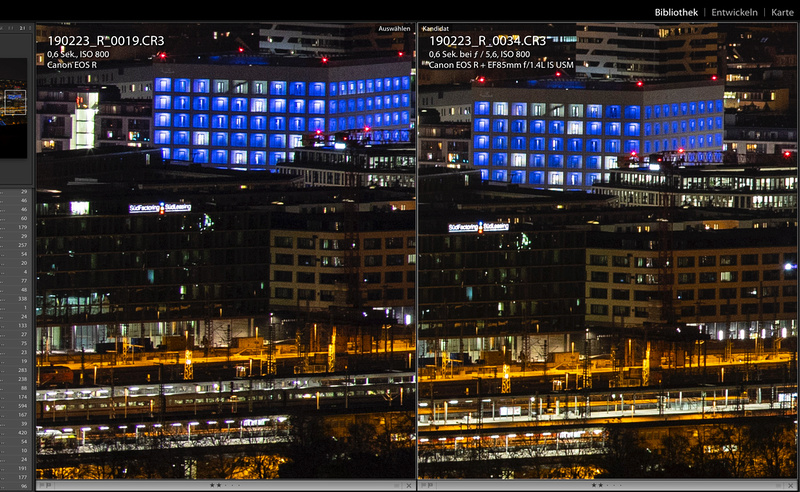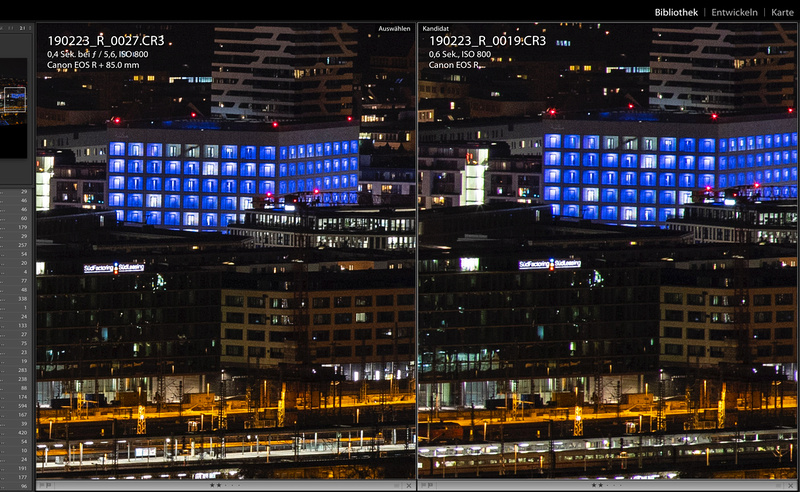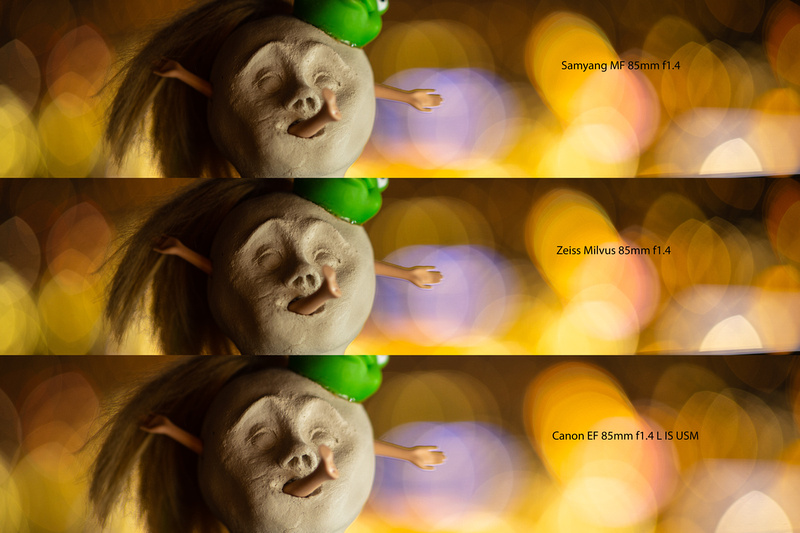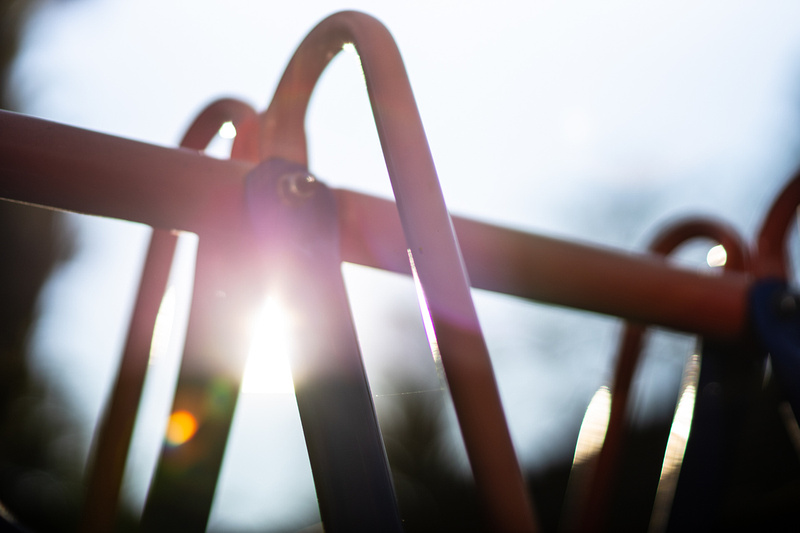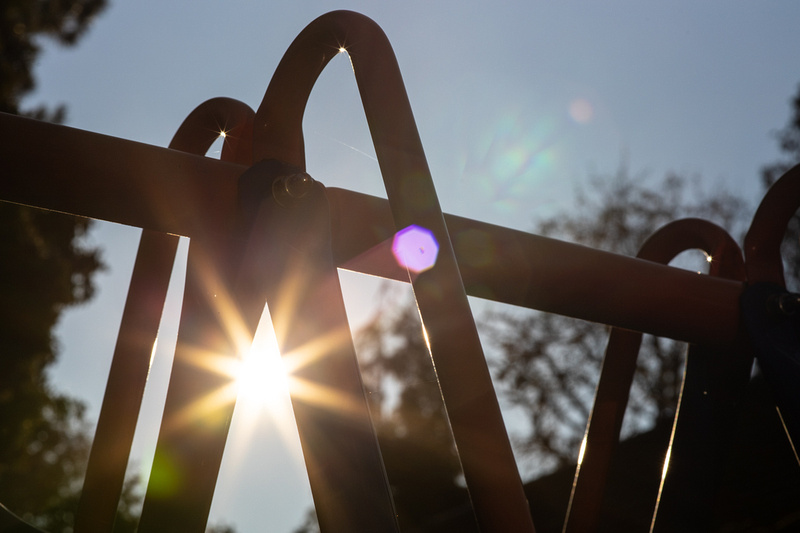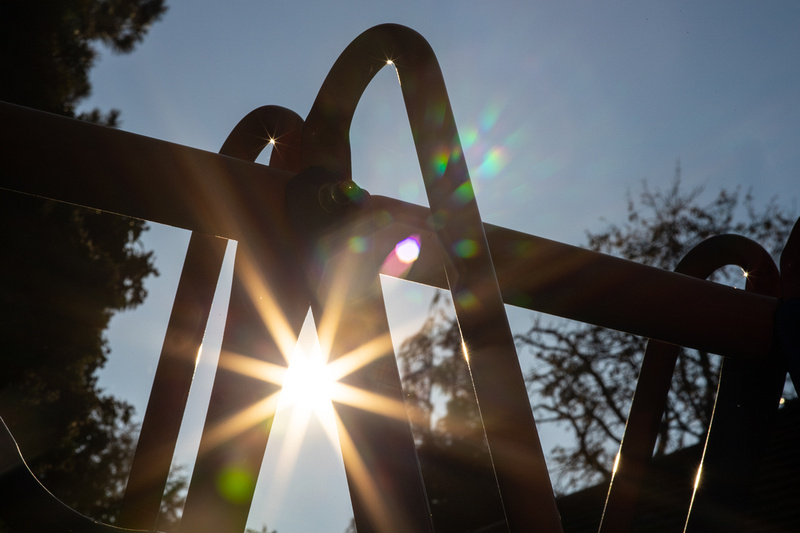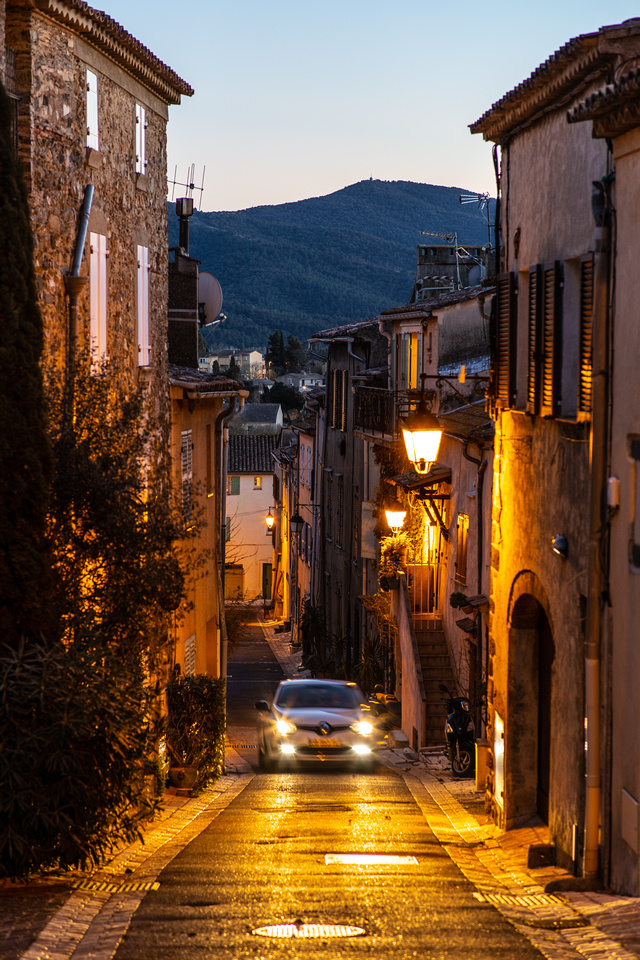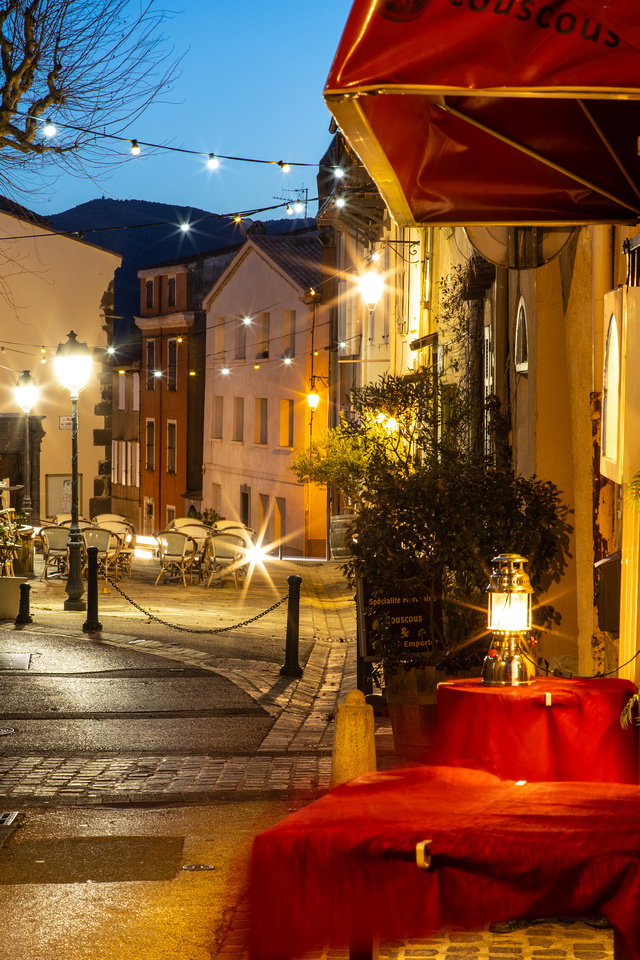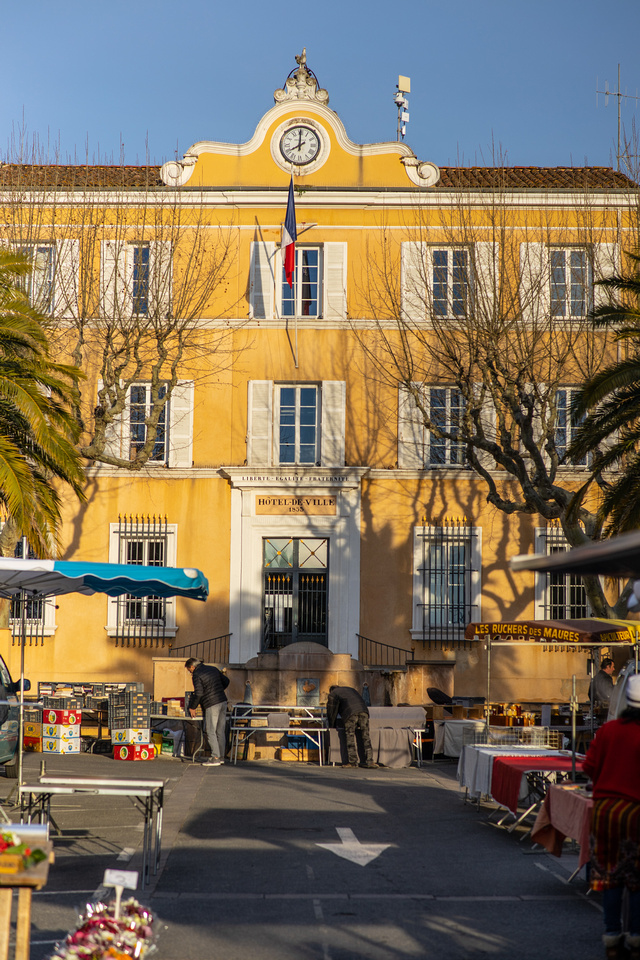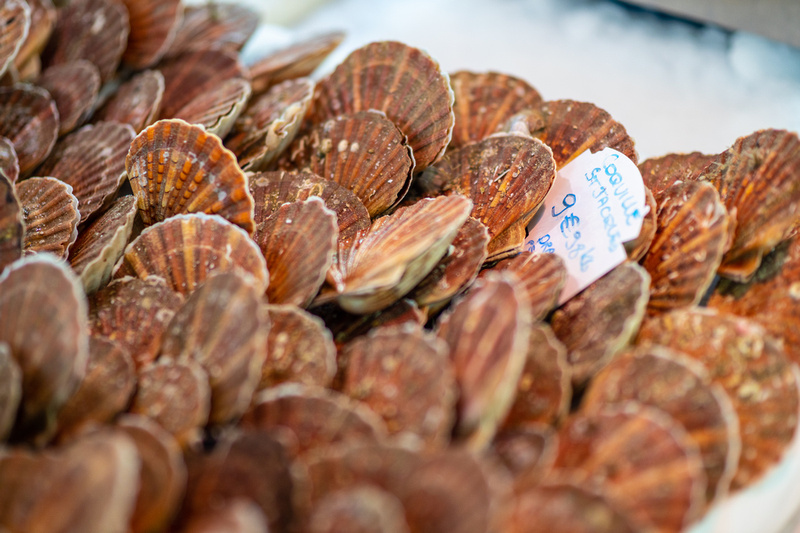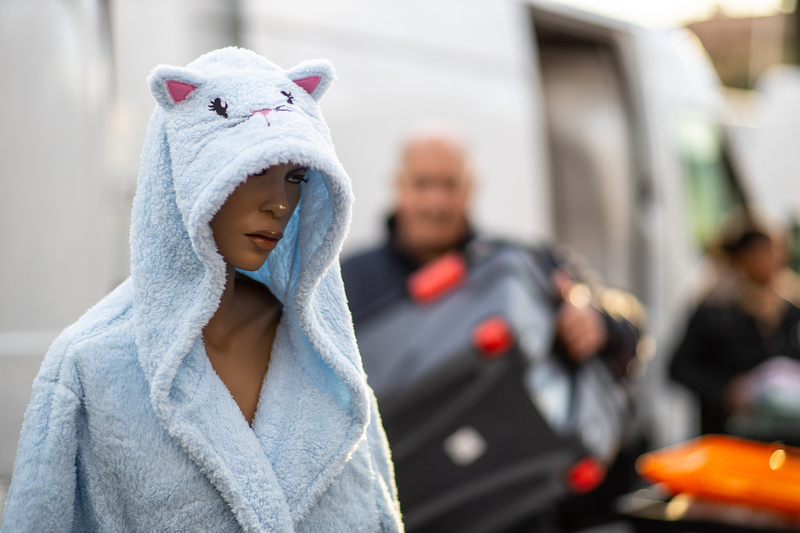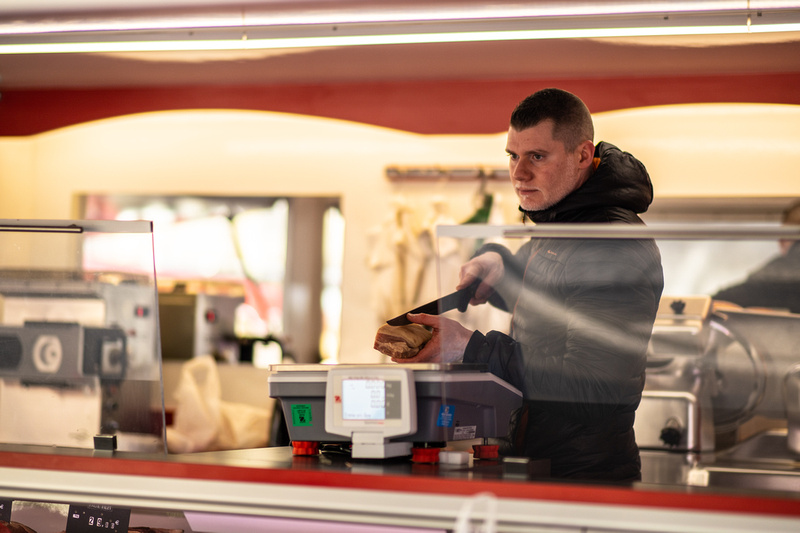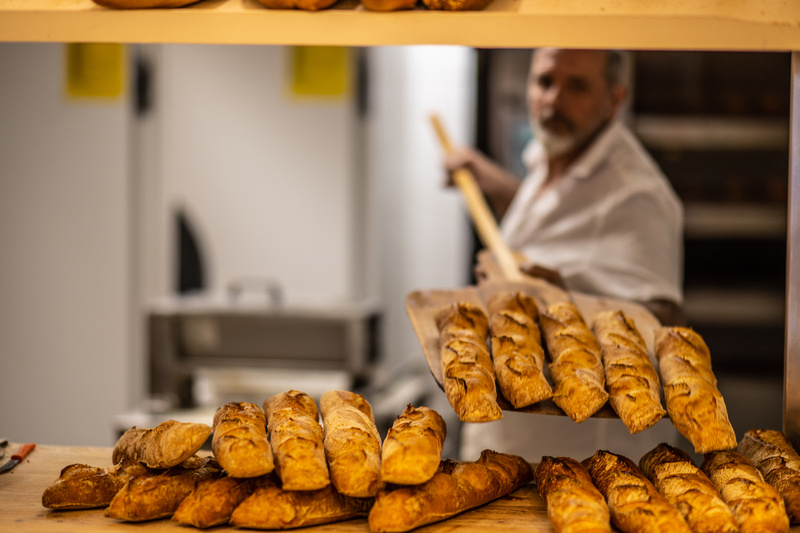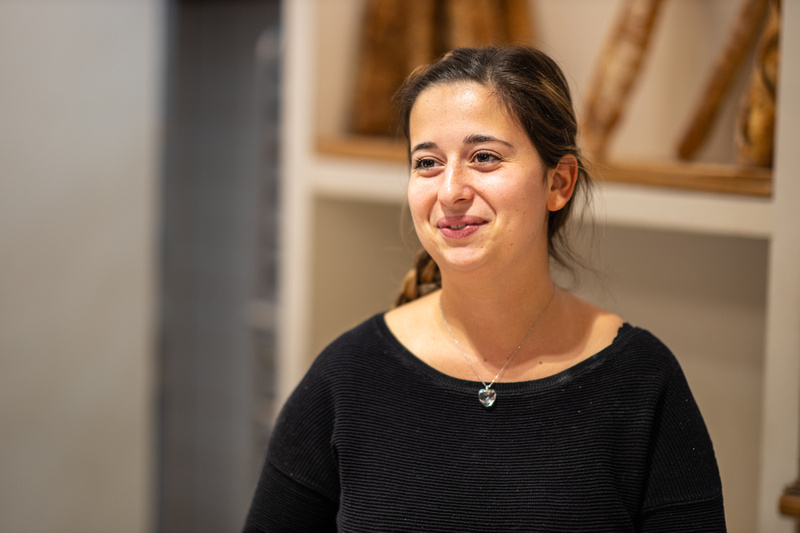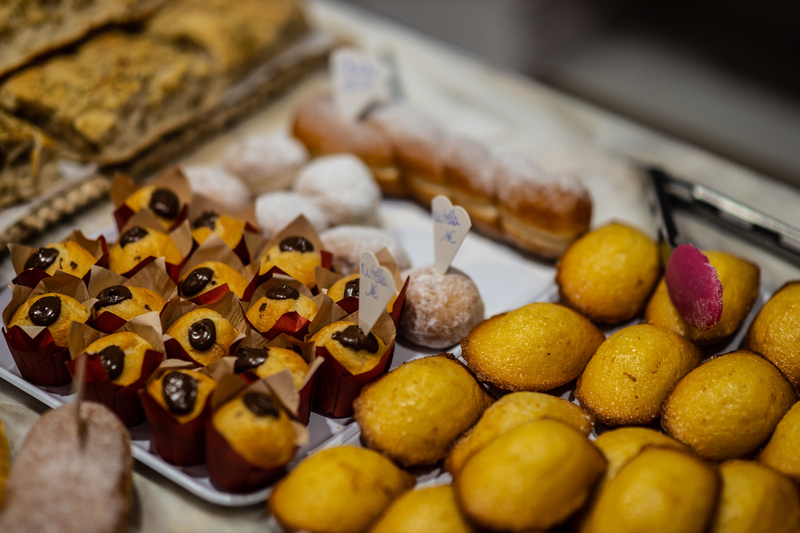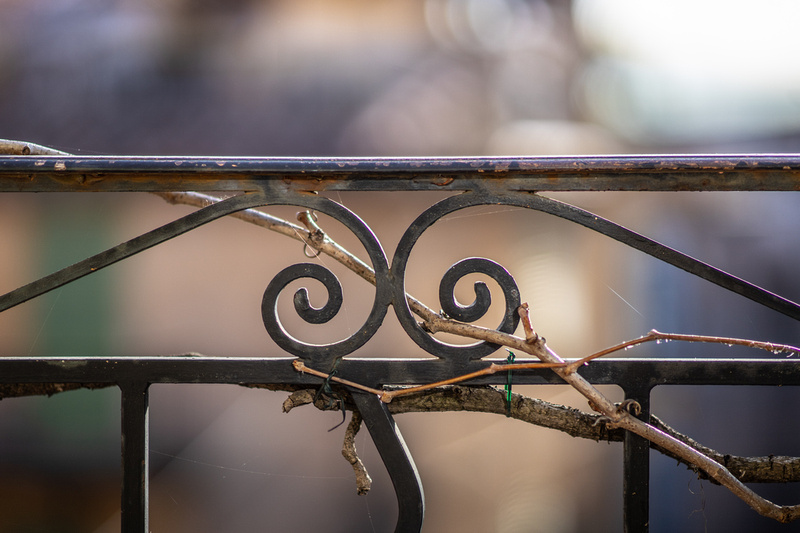Samyang´s new lenses for RF Mount... the MF 85mm f1.4Background of the reviewAfter my first experience with the Canon EOS R the lens choice seems to be too heavy to travel with... The combo of Canon´s great EF 85_L-IS monster and the even heavier Milvus 15mm f2.8 let me ask Samyang: will you come up with something light being designed for Canon´s RF mount? The reply was astonishing: Yes we do, we checked your profile on social media: would you like to review the lenses. Since I like to test glass -you always learn from it- I agreed. I took quite a bit and some communication with German customs I finally got the lenses from Samyang, the 85mm f1.4 as well as the 14mm f2.8.
My first reaction: disappointmentMy first reaction was disappointment. These lenses do not looks being originally designed for mirrorless cameras. I just looks like a simple mechanical adapter - and even worse- without any EXIF chip build in. Therefore no exif data transferred, no focusing aid (an awesome tool on the EOS-R!!!) and no focusing wide open and automatic aperture closing. I communicated with Samyang, the replied properly and asked to give it a try. So i did. And please read to the end! So I made some first tests at home which were astonishing and later I took them on a little trip to South of France to shoot with them there, too. But let's start with a topic which is important for these kind of lenses: Manual focusing on the EOS-R without communication to the lensor: where mirrorless cameras are shining...Today many people believe that autofocus is essentiell. Well having autofocus can be helpful, but can be annoying, too. I skipped my Sigma 85mm f1.4 because of Autofocus inconsistency. it is no fun if a lens while open doesn't deliver sharp images where it should be sharp. And honestly: on a DSLR shooting manually through the viewfinder without focus confirmation and special focusing screen build in the camera? No fun at all... But the EOS R has one feature build in which makes it easy to focus: focus peaking. It was the first time I had to use it exclusively to work with this feature. I was astonished how well it works. The accuracy range was really comparable to autofocus (!)... The other advantage of focusing with manual focusing lens is the possibility to use the 5x or 10x magnification in the viewfinder. This methods gives you the highest level of focusing accuracy. But in low light you will suffer from the noise in the viewfinder as well... Generally spoken after using mirrorless cameras since almost 10 years now this type of cameras is much more suited for manual focusing than anything else. Mirrorless cameras - and especially the implementation of Canon - Is really joy to shoot manual focusing lenses. This opens opportunities especially on the budget side - but using lenses like the Milvus or Otus from Zeiss also in the very high end site... The lensBuild qualityThe lens is build pretty properly, it has a metal design for all optics and the mount to the camera, the lens hood and the structure holding the lensed are from solid plastic.
The lens without the lens hood.
And here the lens in its full size... The focus throw is around 110º and feels very well damped. This not much, on the other side the minimum focusing distance is only 110cm instead of 85cm for the other 85mm´s I own. Just for fun I measured minimum focal distance... The result:
Remark Samyang told me that the lens I have tested is a beta-lens. Samyang will change the minimum focal distance to 1 m. This will be a bit better... Personally I would like to have it even shorter that 85mm - I would love to have it at a magnification of 0.3....
The aperture range goes from f 1.4 to f22 (yes, the other ones stop @ f16. The aperture stops are typically half stop, bit between f22 and f16 as well as f2 and f1.4 you have only 1 stop. What is nice - and an improvement over my former Samyang lenses that they have an indicator for depth of field. This is handsome and I guess it comes with no extra costs in manufacturing- just another mask for marking....
What amount of glass...
Surprisingly: the lens comes with weather sealing. The upper lens cap is good it is easy to grip, even with mounted lens hood. The lens is pretty compact and lightweight:
All lenses I measured with hood and both lens caps. The EF mount lenses were measured including the RF to EF control ring adapter. What can make you thinking: The EOS R incl the Samyang MF 85mm f1.4 weights 1390g. This is less than the Zeiss Milvus alone.... There are really no complains about build quality: it is a pretty well made lens! Image qualityImage quality is a topic which comes with a lot of aspects. An 85mm f1.4 should have a at least decent sharpness in the center at f1.4. It should have a buttery smooth bokeh, not too much color fringing and at the end not soo sensitive against lens flare.... To test some of these topics I let this lens compete with 2 strong competitors (definitely not in the price point): The Canon EF 85mm f1.4 L IS USM and the Zeiss Milvus 85mm f1.4 SharpnessWhat do you expect from a low cost lens. Not too much, or? The first comparison starts with some photos taken at different settings. First an overview o the scene:
The photo shows the pretty famous Stuttgart railway station. You can see the construction work in the center of the scene. The camera stood on a sturdy tripod. I have chosen 10s delay time for shutter release. The photos you see below are taken at f 1.4 and f 5.6. You can identify the different lenses according to the name of the lens
The photos are screenshots taken left, in the middle and on the right side of the image.There is a little bit of inconsistency in the images because during the course of the photo shoot - they switched off the lights in the construction area. The photos are 100% screenshots taken in lightroom.
Lethes start with the Samyang vs Zeiss Milvus. The color rendering of both lenses is pretty similar. But the Samyang is definetly softer...
Now the comparison to the Canon. First of all: The Canon is a bit shorter in focal length why the picture details are a little bit different. Due to my taste the difference is a bit less - or in other words: the Milvus shows a bit better performance...
In the center of the frame please look at the "LBBW" signs: the Milvus is here really strong..
At f 5.6 the lenses are getting pretty close to each other.
In this image the lights in the construction area is still on. What you clearly see is that the Milvus has 9 blades vs 8 blades on the Samyang. But in terms of sharpness. the lenses are really close!
BokehMy first photo I took with this lens was the following:
But it is going to get better...
With these lenses: In detail you see a little bit less sharpness, but the color rendering and the contrast are pretty similar between Milvus and Samyang. The Canon has softer bokehballs, But all three lenses: in terms of bokeh: the they are all great!!! Lens flareOne topic these lenses are not that great is news flare... I shot some samples handheld
This is f 1.4. For my taste it is ok, I would call it personallity
This shot is f11
But at f22 is gets extrem, quite a lot of artifacts and reflections in the lens... For me: this is good to know, and normally nobody shoots like that....
Real world shooting experienceAfter shooting with this lens quite a bit I am pretty excited. This lens is a stunning performer. I took both lenses on a short trip to the Cote d'Azur. And I gave it a try - just the 2 lenses on a short trip to the small city of Cogolin, close to St. Tropez at the Cote d´Azur... The results should speak for themselves. My first shots I took in the blue hour in the village and on the next morning there was a reportage type of shooting at the Saturday market. When I had my images ready just when some clouds came up and the very beautiful morning light was gone...
A street in the old town of a typical village in the south of France...
This shot was just around the corner. It was very windy... what you can imagine because of the flare of the blanket in the foreground.... On the other side this little place is beautifully lightened and the lens shows here really decent performance... On the next morning I went to the market place in front of the "Marie", Lord Mayors house...
This little caravan was offering an excellent espresso. Always good to start with... What amazed me is the dynamic range of the EOS R: the interior as jpg is pretty black...
I did a couple of shots for that was the market has to offer, like vegetable
Or fresh seafood...
And again: whatch the amazing bokeh!!!
And finally the people on the market... When the sun disappears I was pretty hungry and I went to my favorite bakery for breakfast...
The shot is pretty perfectly framed.... and the bokeh gives the rest...
And amazing food for breakfast...
The real world shooting experience was the point which got me. The lens worked much batter than I thought. You can say as well The support the EOS-R gives you for this type of lens is amazing- even if the lens has no communication with the camera... By the way: all shots at the market were f1.4. For me the sharpness is amazing... Verdict: ExcitementAfter first mixed feelings: I am pretty excited about the lens. In terms of the results you get from this lens: it is just wow!!! Very decent images, excellent image quality - if you know how to use the lens. And in terms of useability (nice buttery manual focusing) and weather sealing it is really remarkable. For whom is this lens for?
But the lens has a bit of weaknesses too:
But if I look at the lens at a glance: I give the lens a highly recommended!!! MiscellaneousAll Photos werde taken with the EOS R and the Samyang MF 85mm f1.4 Only the product shots were taken with the EOS 5DMkIV with the EF 100mm f2.8 L Macro IS USM. The sample photos of the lens - and a couple more - you find here. There is also a link toe the image quality comparison Please have fun and enjoy. DisclaimerI got the lenses from Samyang for testing for free. There is no money involved. Therefore this is my honest opinion about this lens....
Comments
No comments posted.
Loading...
|


